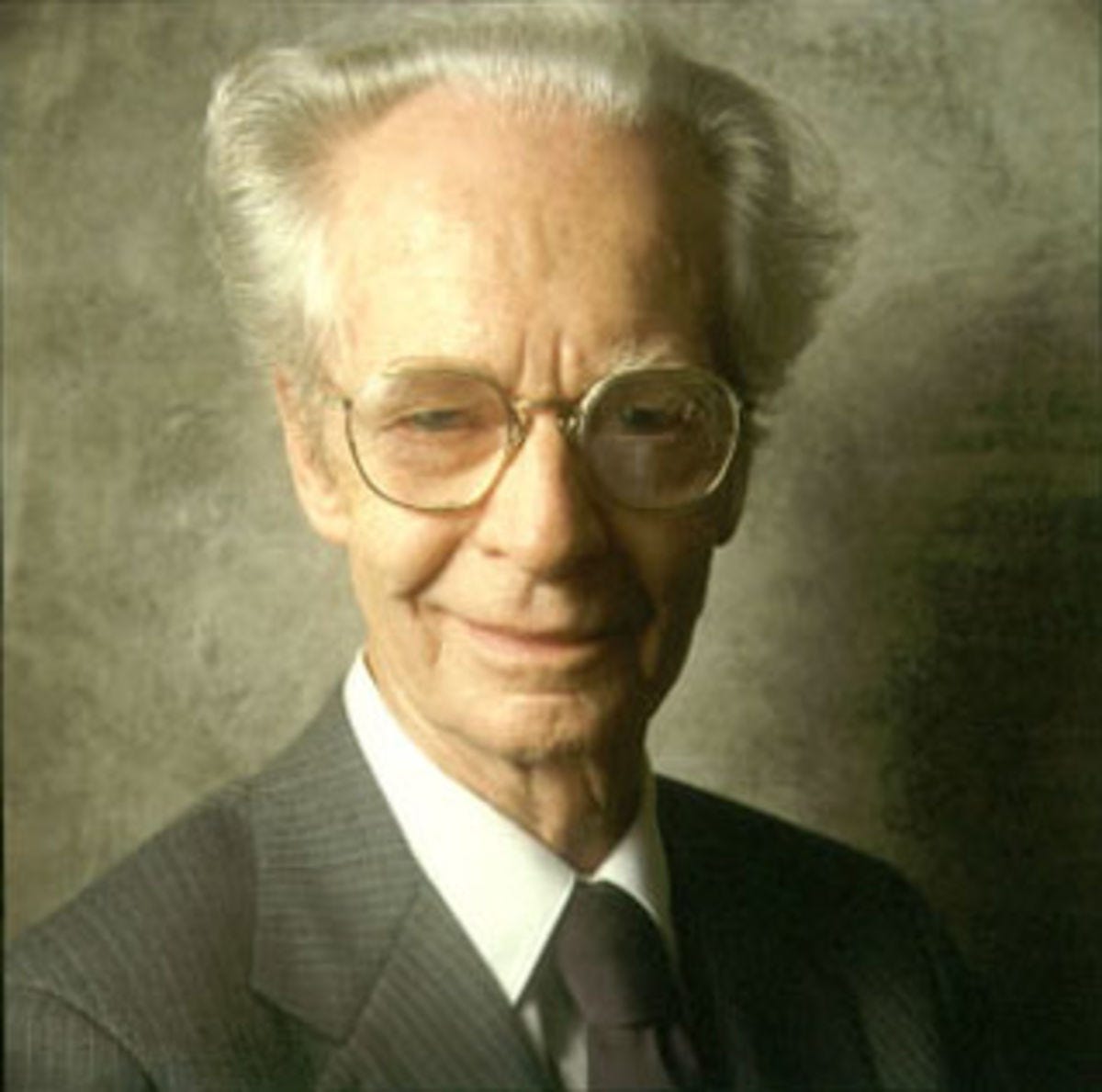In statistics, the larger the sample size the greater the power of the test.
In some cases, though, smaller samples are better.
BF Skinner was the father of operant conditioning. He approached research the way Carnegie approached getting rich, …”put all your eggs in one basket and then watch that basket.”
Often, Skinner employed a case study design where sample size equals one. He’d take a single pigeon, put it in a very specific environment, and then watch it closely.
I bring this up because we hear a lot of crap about our health.
MDs, nutritionists, fitness gurus, scientists everywhere telling you different things. Many of them interpreting data to confirm their own interests.
None of them know you. You are your own single subject case study design. You are running the experiments and you are the subject.
You are the participant and you are the observer.
If you eat some crap food and feel it the next day - that’s an observation. If you workout in the morning or have caffeine in the evening, that might affect how you sleep or it might not and maybe you notice.
You take note of this stuff and you get to know yourself.
Here’s a great Skinner quote:
No one asks how to motivate a baby. A baby naturally explores everything it can get at, unless restraining forces have already been at work. And this tendency doesn't die out, it's wiped out.
And here’s a Skinner pic kinda working the Flock of Seagulls Hair

Here are some related links:
Life lasts for the duration of one breath.
Flock of Seagulls - I Ran (So Faraway)
Case Study Research: Foundations and Methodological Orientations


